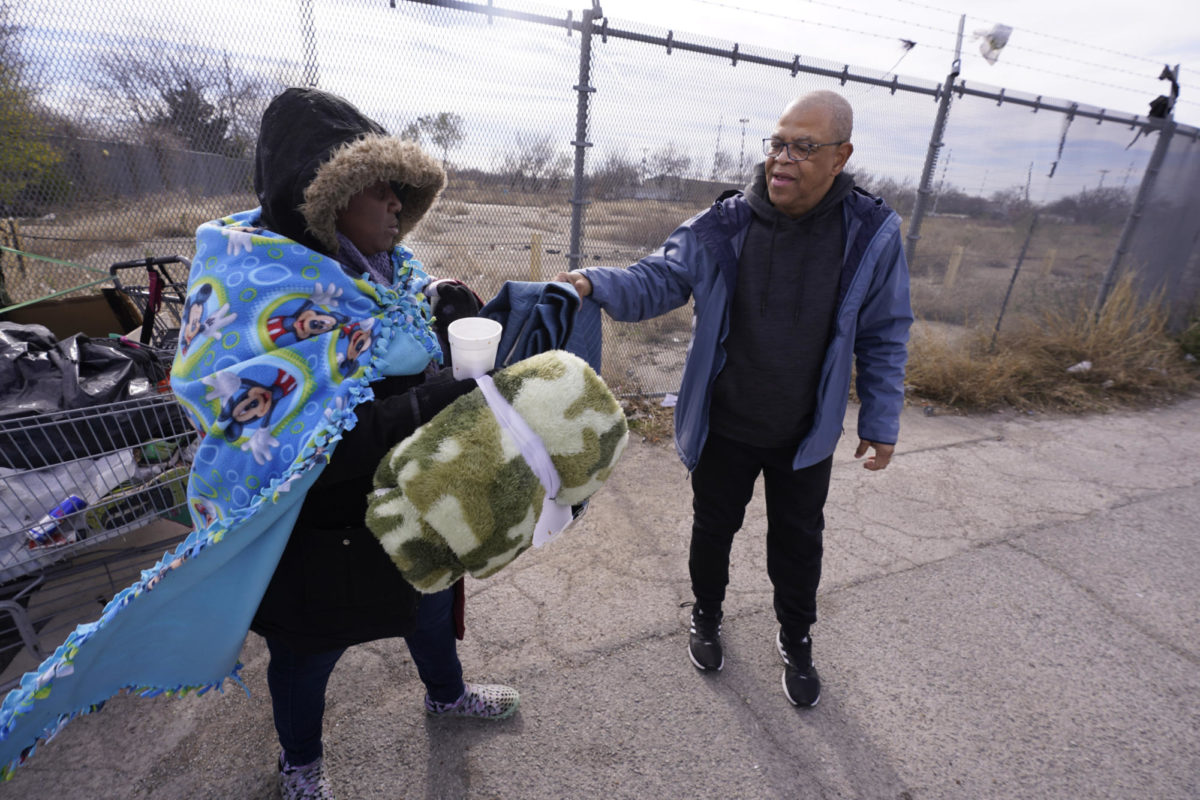Since the beginning of 2018, the homeless population in Fort Worth has risen by 1,646 people, according to the Tarrant County Homeless Coalition.
This follows a trend of overall population increase in the city, as well.
Tara Perez, a directions home manager for Fort Worth, said that the termination of both the eviction moratorium and the federal emergency rental assistance funding has contributed to the rise, resulting in an increase in the number of homeless people in areas where camping has not previously been documented.
Cities across the country are seeing a record number of unhoused individuals and families, according to an NPR article. This trend is partially attributed to high rent prices and a low amount of affordable housing.
The county has utilized different methods to bring down the homeless population, including street outreach, where teams are sent out and tasked with creating relationships with unhoused individuals to move them into more permanent accommodation. This method yielded an average of 204 days spent homeless for participants along with 13% of people returning to homelessness.
The City of Fort Worth is also working to combat this growth by requesting to increase the Rapid Exit Program funding to $1.5 million as part of the 2024 budget, according to Perez. This initiative extends one-time assistance to quickly provide housing to employed residents.
The proposed expanded funds will also be put towards a cold weather shelter program as well as clearing 110 homeless camps per month. The request for an increased budget has been submitted by four separate city departments, including Neighborhood Services, Code Compliance, the Fort Worth Police Department and the Fort Worth Fire Department, according to city news.
These efforts and more have decreased homelessness by 40% over the course of the year, which rivals national and state trends, according to the city.
Perez said that residents of Tarrant County can help unhoused individuals and families by putting together welcome baskets for those exiting homelessness as well as volunteering at housing projects.
Perez advises against administering food and clothing to people along East Lancaster Avenue as most of the supplies go to waste and can adversely affect the residents of the community.










